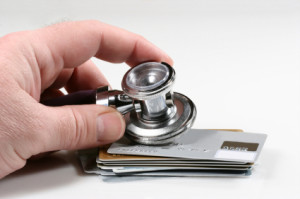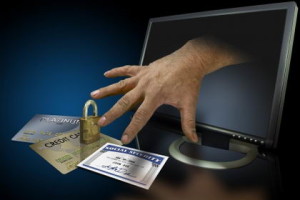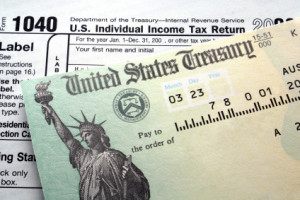 Today’s top story: How to choose between increasing your savings or paying down debt. Also in the news: What financial risks Boomers need to consider, how to file your taxes for free, and what recourse you have if a credit report error has hurt your score.
Today’s top story: How to choose between increasing your savings or paying down debt. Also in the news: What financial risks Boomers need to consider, how to file your taxes for free, and what recourse you have if a credit report error has hurt your score.
Should You Increase Savings First Or Pay Down Debt?
Making the smart decision.
Financial Risks Boomers Should Consider in Retirement
How to avoid retirement landmines.
Here’s How to File Your Taxes for Free
Save your filing fees.
Can I Sue If a Credit Report Error Hurt My Score?
Examining your options.
Can I Take Advantage of the Student Loan Interest Tax Deduction?
How your loan payments could actually save you money.






